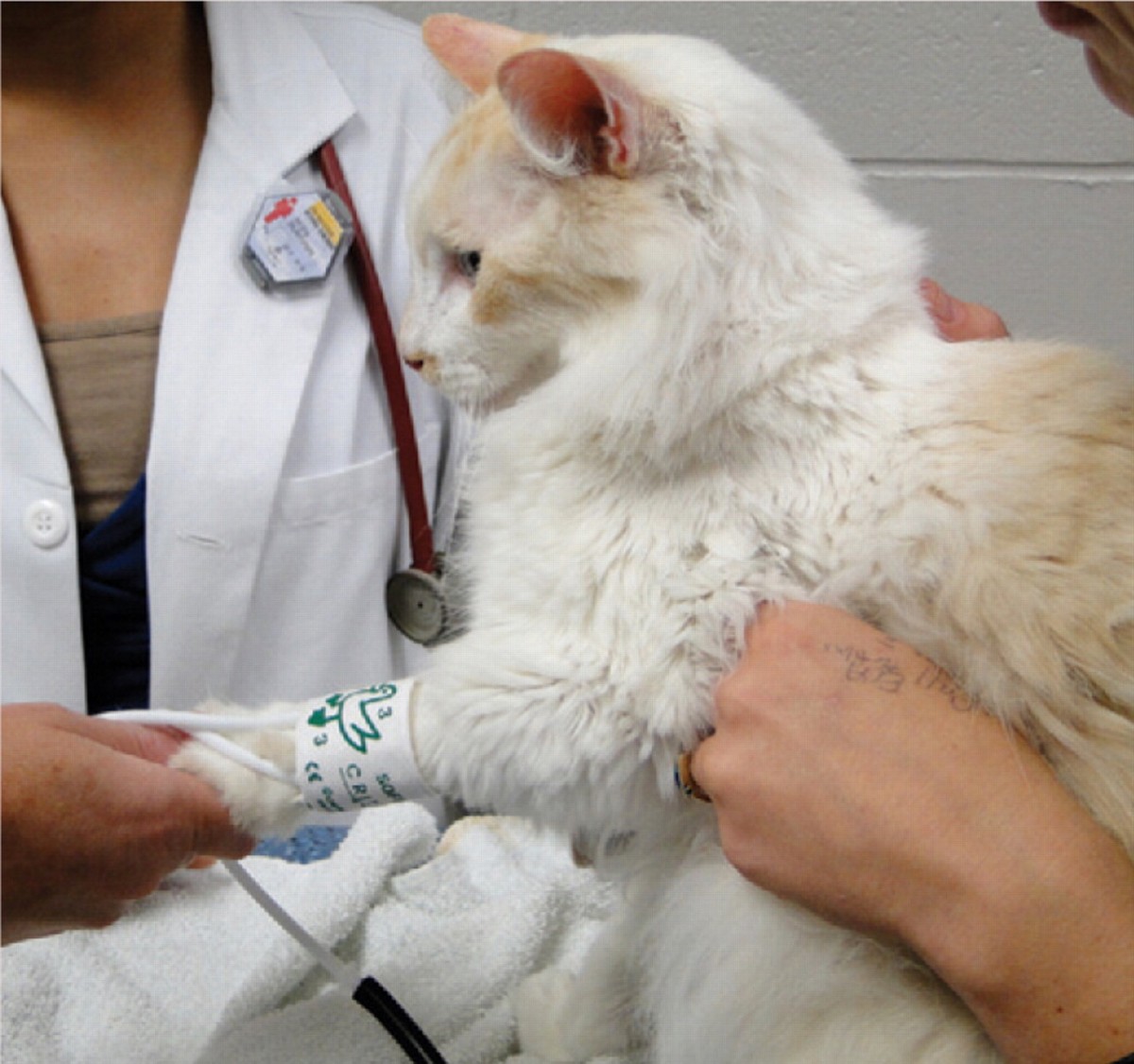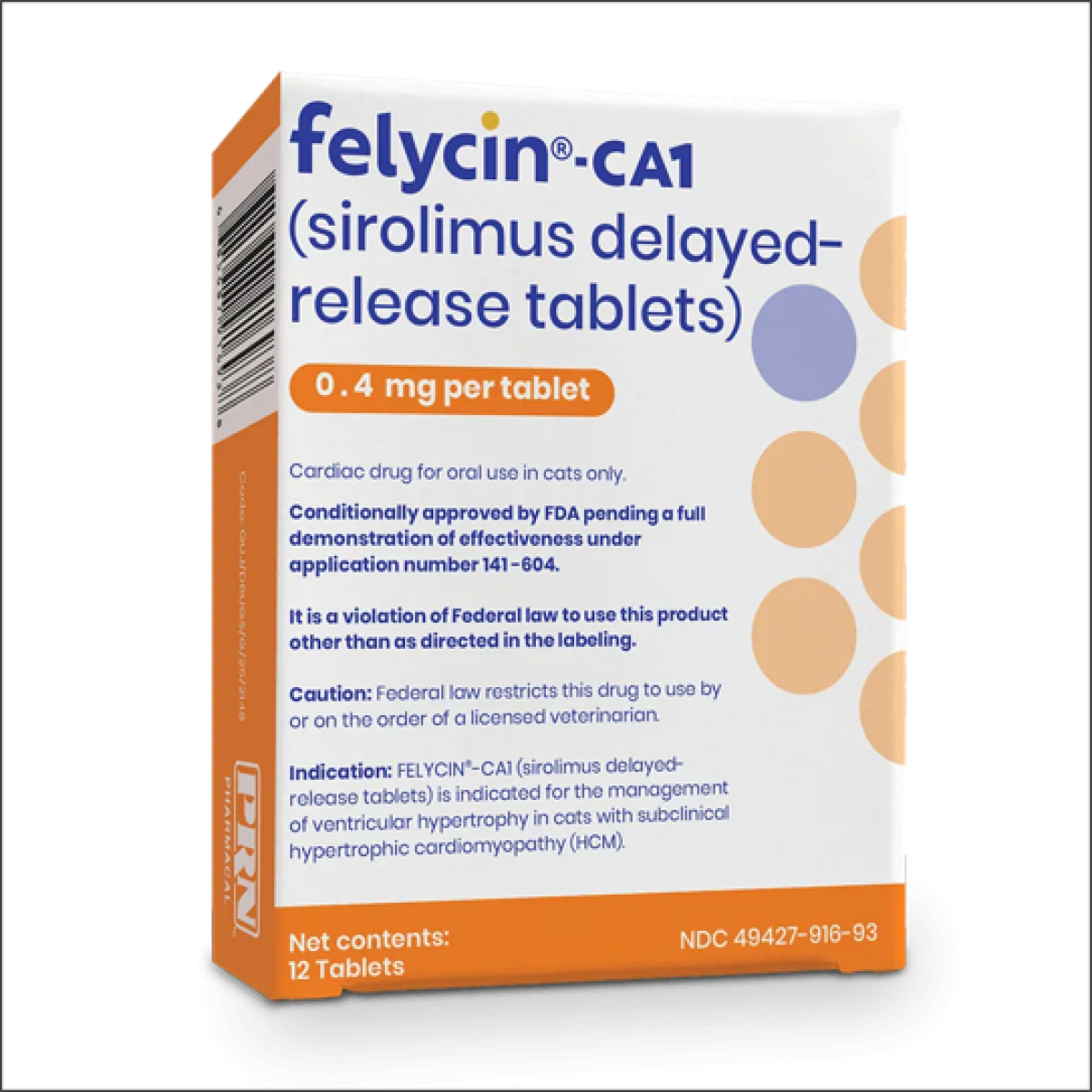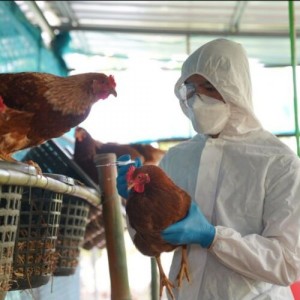A modified triple tibial osteotomy for management of canine cranial cruciate ligament disease: retrospective assessment of 309 procedures (2017–2020)
Case history: Medical records from a single referral hospital (Animal Referral Hospital, Sinnamon Park, Australia) of dogs treated with modified triple tibial osteotomy (TTO) for management of cranial cruciate ligament (CrCL) disease from June 2017 to June 2020 were reviewed. Modifications to the originally described TTO procedure included a modified wedge angle calculation and performing the tibial osteotomies without the use of pre-drilled guide holes.
Clinical findings: A total of 253 dogs met the inclusion criteria. Two dogs were excluded, leaving 251 dogs that had undergone 309 procedures for assessment, and data from these, including complications, were reviewed. Complete, partial competent, and partial incompetent rupture of the cranial cruciate ligament was identified in 202/309 (65.4%), 79/309 (25.6%), and 28/309 (9.1%) stifles, respectively. Medial meniscal injury was identified in 207/309 (67.0%) stifles at the time of initial surgery.
Treatment and outcome: Fifty-eight dogs had bilateral procedures, including both single-session and staged surgeries, and 48 of these were available for analyses. The modifications to the TTO procedure described herein resulted in a median wedge angle of 21° and a median post-operative tibial plateau angle of 5.8°. Tibial compression testing following surgery indicated elimination of cranial tibial thrust in all stifles in this series. The most common intra-operative complication was tibial tuberosity fracture (15/309; 4.9%). Minor post-operative complications occurred in 37/309 (12.0%) procedures, with infection being the most common (27/309; 8.7%). Major post-operative complications occurred in 9/309 (2.9%) procedures. The intra- and post-operative complication rates for dogs undergoing bilateral single-session TTO were both 8.3% (2/24). The intra- and post-operative complication rates for dogs undergoing bilateral staged TTO were both 4.2% (1/24). The low number of complications for both the bilateral single-session and bilateral staged TTO groups precluded statistical analysis. All complications resolved uneventfully as determined by the attending surgeon.
Clinical relevance: The modified TTO technique described here was safe and effective for the management of canine CrCL disease in the dogs included in the case series. Findings of this study suggest that, with careful case selection, the modified TTO may be performed as a bilateral single-session procedure in dogs with concurrent bilateral cranial cruciate ligament disease. Future studies analysing the effects of these modifications on stifle biomechanics would be beneficial.
Abbreviations: CrCL: Cranial cruciate ligament; SSI: Surgical site infection; TPA: Tibial plateau angle; TPLO: Tibial plateau levelling osteotomy; TTA: Tibial tuberosity advancement; TTO: Triple tibial osteotomy.














List
Add
Please enter a comment